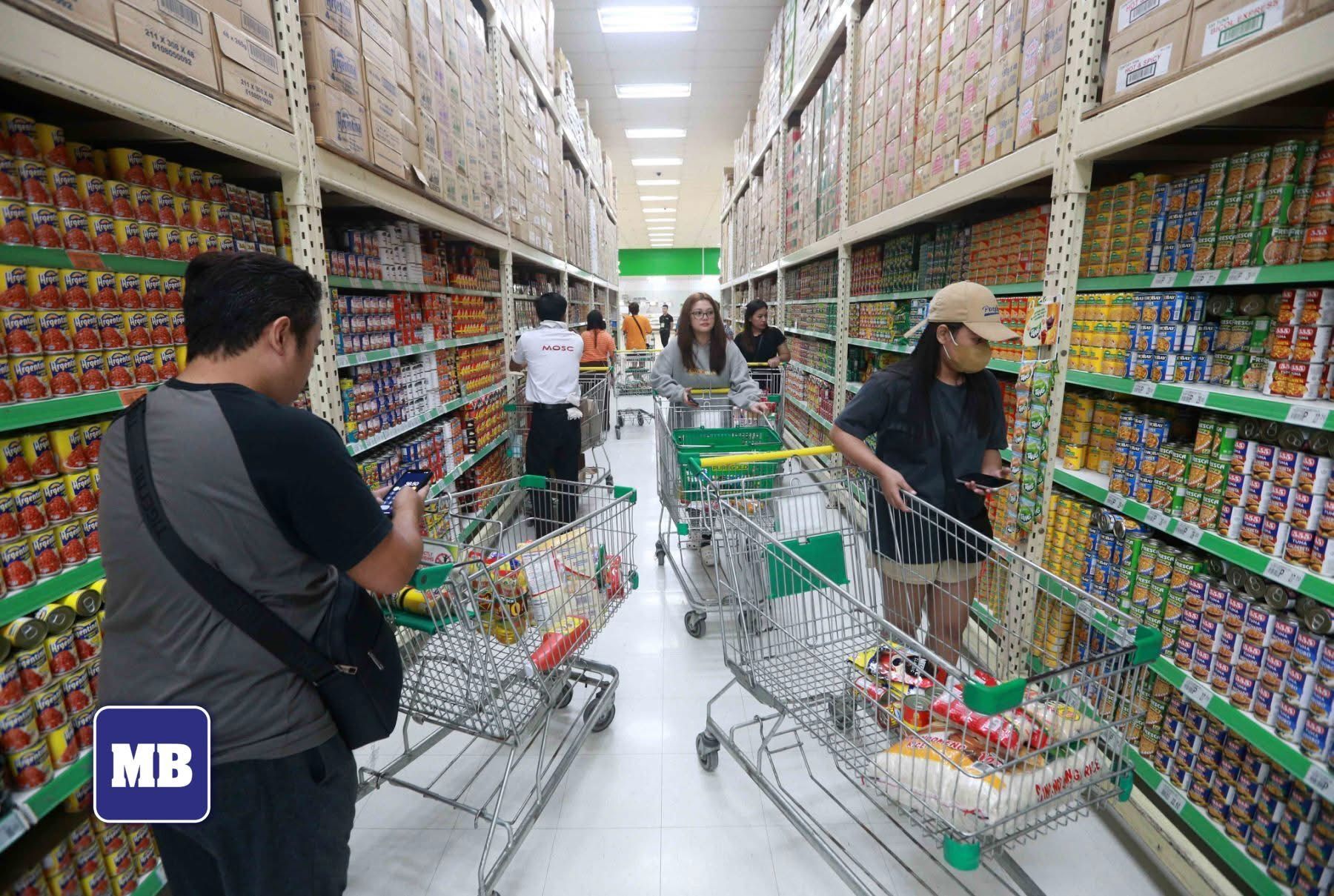Farmers, fishers hit Marcos admin over hunger, rice price crisis
By Jel Santos

Two major progressive groups on Monday, March 31, called out the Marcos administration over what they said was worsening hunger and a deepening crisis in local food production, following a report showing a “record high” number of hungry Filipinos.
Citing the latest Social Weather Stations (SWS) survey that pegged involuntary hunger at 27.2 percent or about 7.5 million Filipinos in March, fishers’ group Pambansang Lakas ng Kilusang Mamamalakaya ng Pilipinas (Pamalakaya) said the figure reflects the state of communities long hit by poverty.
“Nangangahulugan ito na sa mga komunidad ng magsasaka at mangingisda pinakalaganap ang kagutuman (This means hunger is most widespread in farming and fishing communities),” Ronnel Arambulo, the vice chairperson of Pamalakaya, said in a statement.
“Isang malaking insulto at kabalintunaan ito bilang isang bansang arkipelago at agrikultural (It’s a huge insult and irony for an agricultural and archipelagic country),” he added.
Arambulo said President Marcos’ administration failed to control the spiraling prices of basic goods, especially food, and continued to neglect local food producers.
“Sumasalamin din ang laganap na kagutuman sa kawalan ng suporta ng pamahalaan sa lokal na produksyon ng pagkain (The widespread hunger reflects the government’s lack of support for local food production),” he stated:
He pointed to high production costs, price manipulation by traders, and the lack of state subsidies as root causes.
“Kaya sa huli ay parehong talo ang mga tagalikha ng pagkain at konsyumer (In the end, both food producers and consumers lose).”
‘Band-aid fix’ for rice crisis
In a separate statement, the Kilusang Magbubukid ng Pilipinas (KMP) and Amihan National Federation of Peasant Women (AMIHAN) criticized the Department of Agriculture’s (DA) latest move to lower the maximum suggested retail price (MSRP) of imported rice from P49 to P45 per kilo.
“Panay ang pag-eksperimento ng gobyerno sa presyo ng bigas pero hindi nito tinutugunan ang ugat ng problema (The government keeps experimenting with rice prices but never addresses the root of the problem),” said AMIHAN Secretary-General Cathy Estavillo.
The real issue, according to her, lies in the country’s heavy dependence on rice imports and the destruction of local production.
The DA said the price adjustment reflects lower global rice prices and a stronger peso. But KMP warned the move will further depress palay farmgate prices, especially as it coincides with the local harvest season.
In San Jose, Occidental Mindoro, KMP said farmers are already selling newly harvested palay at just P13 per kilo—far below the cost of production.
“Ang tunay na solusyon: palakasin ang lokal na produksyon at kagyat na ibasura ang Rice Liberalization Law (The real solution: strengthen local production and immediately repeal the Rice Liberalization Law),” KMP Chairperson Danilo Ramos stated.
‘Systemic control’ by traders
Ramos also slammed the “systematic control” of private traders and importers over the price and supply of rice.
“Habang ipinapasa ng gobyerno ang pasanin sa mga magsasaka at mamimili, walang konkretong aksyon laban sa hoarding, smuggling, at price manipulation (While the government passes the burden to farmers and consumers, it takes no real action against hoarding, smuggling, and price manipulation),” he said.
Per KMP, the country imported 4.68 million metric tons of rice in 2024 and could exceed 5.22 million metric tons this year.
“Doble-talim pa dahil gagamitin ang MSRP para pabagsakin pa ang farmgate price ng palay ng mga magsasaka (It’s a double-edged sword because the MSRP will be used to further drag down palay farmgate prices),” Ramos warned.
Call to repeal law, fund local production
Since the Rice Liberalization Law was enacted in 2019, KMP claimed that farmers have endured steep price drops while traders enjoy profits.
Estavillo said the government must stop favoring importers and instead fund local rice production.
“Ang tunay na seguridad sa pagkain ay nasa sariling lokal produksyon, hindi sa pag-aasa sa imported na bigas (Real food security lies in our own local production, not in dependence on imported rice),” she said.
Both KMP and AMIHAN are calling for the repeal of the Rice Liberalization Law, an end to excessive importation, and guaranteed price support mechanisms for palay.
“This is not just an assertion for lower and affordable rice prices. This is a fight for an agricultural system that prioritizes the rights and welfare of the people over the profits of a few,” said Ramos.